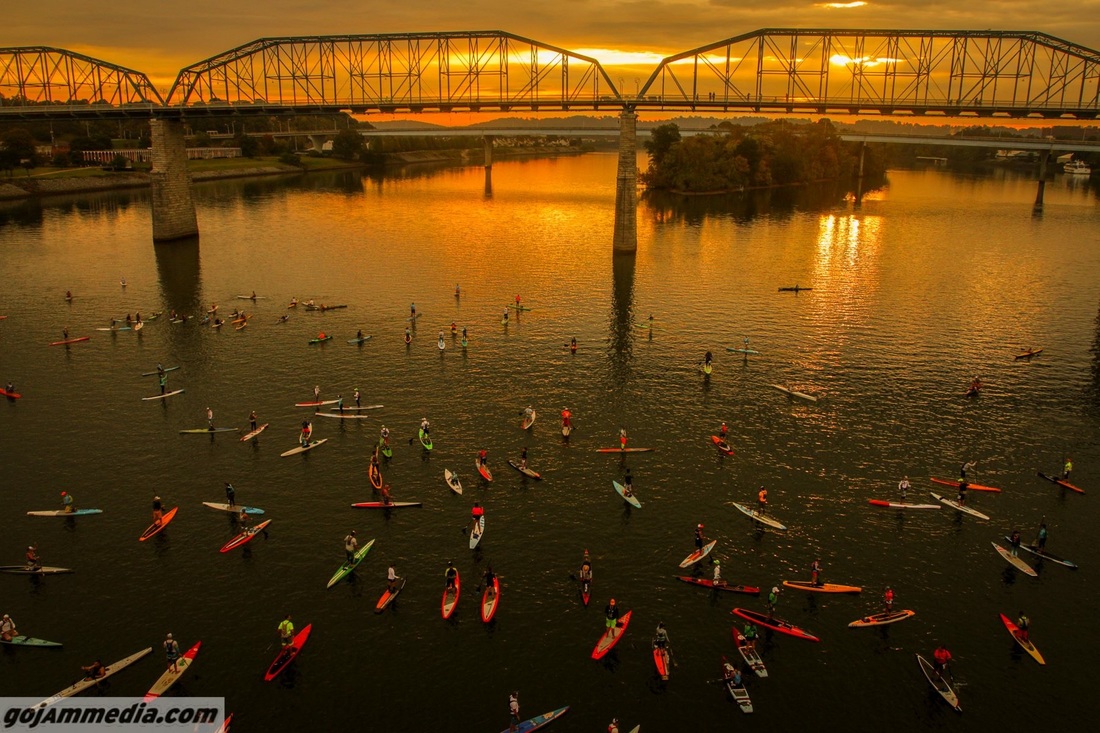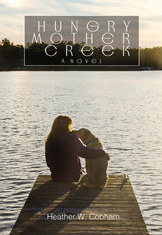|
This week I’ve been coming off the high of an amazing weekend, Chattajack 31 paddle board race. For those of you not familiar, this is a 31 mile paddle race on the Tennessee River. It starts in downtown Chattanooga and winds through the Tennessee River Gorge, dressed for fall in red, orange and yellow. For the past 6 months this race has been a primary focus. I’ve planned weekends around long training paddles, gotten advice from veteran racers, shared fears and expectations with other first timers. The weekend itself was intense, fun and best of all shared with fantastic people. Now that I’m back to real life I’m experiencing Chattajack depression or post event let down (PELD). Obviously I’m grieving the end of something highly anticipated but I was curious about the specific causes contributing to my PELD.
As a counselor I’ve noted that many of my clients with depression suffer from a lack of connection. They may be disconnected from themselves: their purpose, passions and body and from others: intimate relationships and the community at large. Most are also disconnected from the natural world due to excessive time in front of screens and erratic sleep patterns. Their disconnect could be a root cause or symptom of their depression but either way, one of my goals is to help them stop living in fear, make healthier choices and reengage with the world. These changes may start with small steps like journaling, calling an old friend, or time in the sun but little by little as clients reconnect their mood improves. I think my transient depression after Chattajack was due to withdrawal after a weekend of intense connectivity. Connection to people was the most profound. During the 8 1/2 hours the race course was open, 300 racers and a similar number of volunteers, sherpas (people providing support to a specific paddler) and race organizers were focused on getting the racers safely across the finish line. People from different states and countries, different career paths, different socio-economic status were connected by a common purpose. My role was to get myself to the finish line while helping and encouraging other competitors and showing gratitude to all the volunteers. The flow of support went both ways and I received cheers and shouts of inspiration from people I didn’t even know. In the midst of this I’m paying close attention to my natural environment, the current in the river, the wind, air temperature and cloud cover. A change in one of these factors would necessitate a change in paddle technique, dress or hydration so couldn’t be ignored. The entire race I’m also acutely aware of the beauty of the Tennessee River Gorge, the slope and height of the mountains, the rock formations and of course the fall leaves. In the last few miles when my body was ready to stop, I focused my attention on the trees lining the riverbank, lingering on the ones with exceptional yellow, orange or red. These vibrant colors were the inspiration I needed to get around the last corner where the finish line was in sight. Finally while being mindful of other people and the natural world, I’m dialed in on my mental and physical status. Am I hungry? Have I been drinking enough? Are my feet numb? My mental state fluctuated throughout the race, the first and last 5 miles being the most challenging. During these times I used a positive mantra and focused on my gratitude for the opportunity to have this experience. All the connections I experienced during Chattajack 31 made me feel alive, engaged, part of something greater than myself and so the absence of this intensity created passing depression. I know it’s unrealistic to maintain the stoke of last weekend every day, but we certainly have room to improve the connections in our daily life.
"We are water people and the water connects us.” John Beausang, The Distressed Mullet
2 Comments
|
Archives
November 2023
Categories |


 RSS Feed
RSS Feed